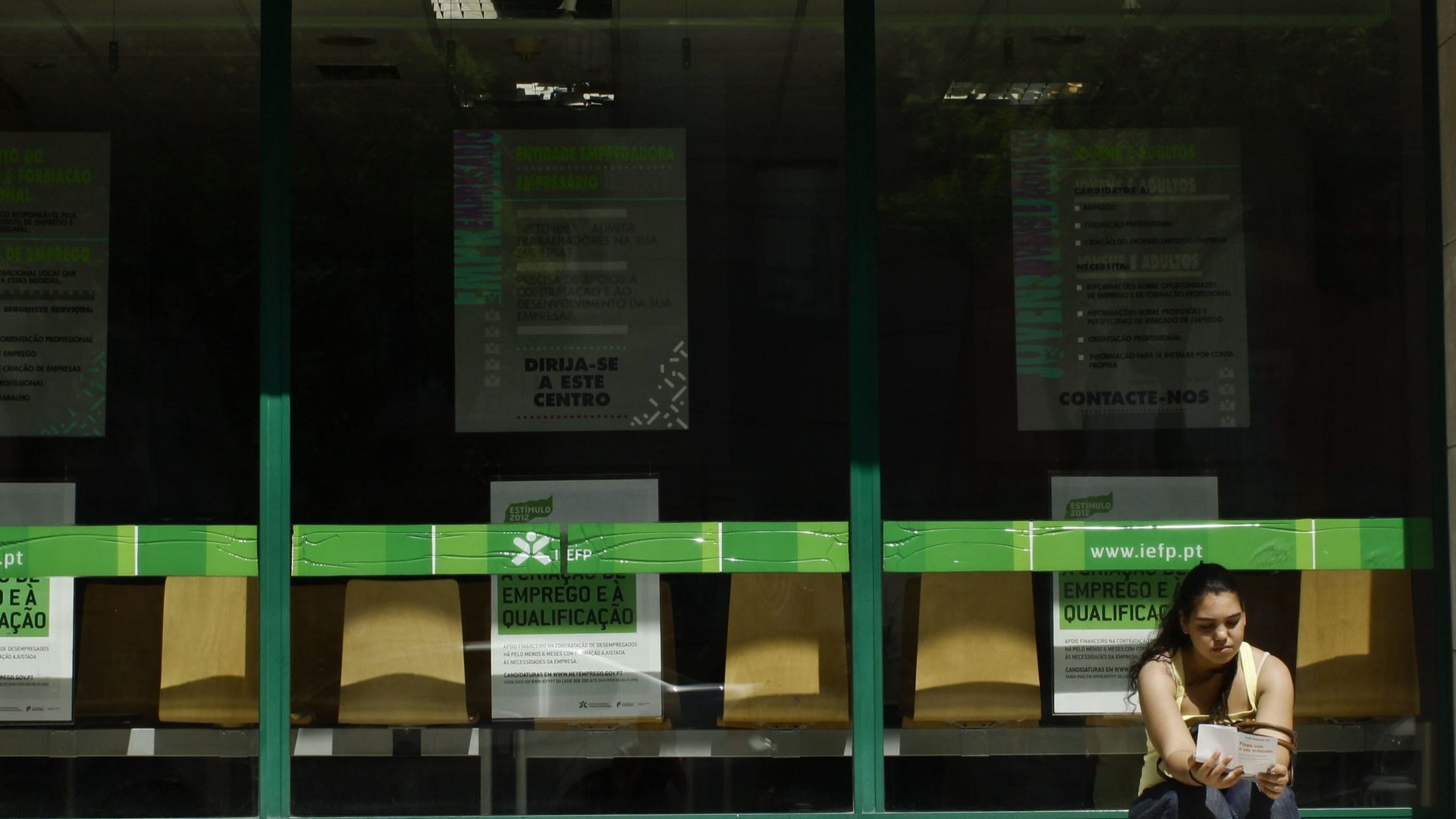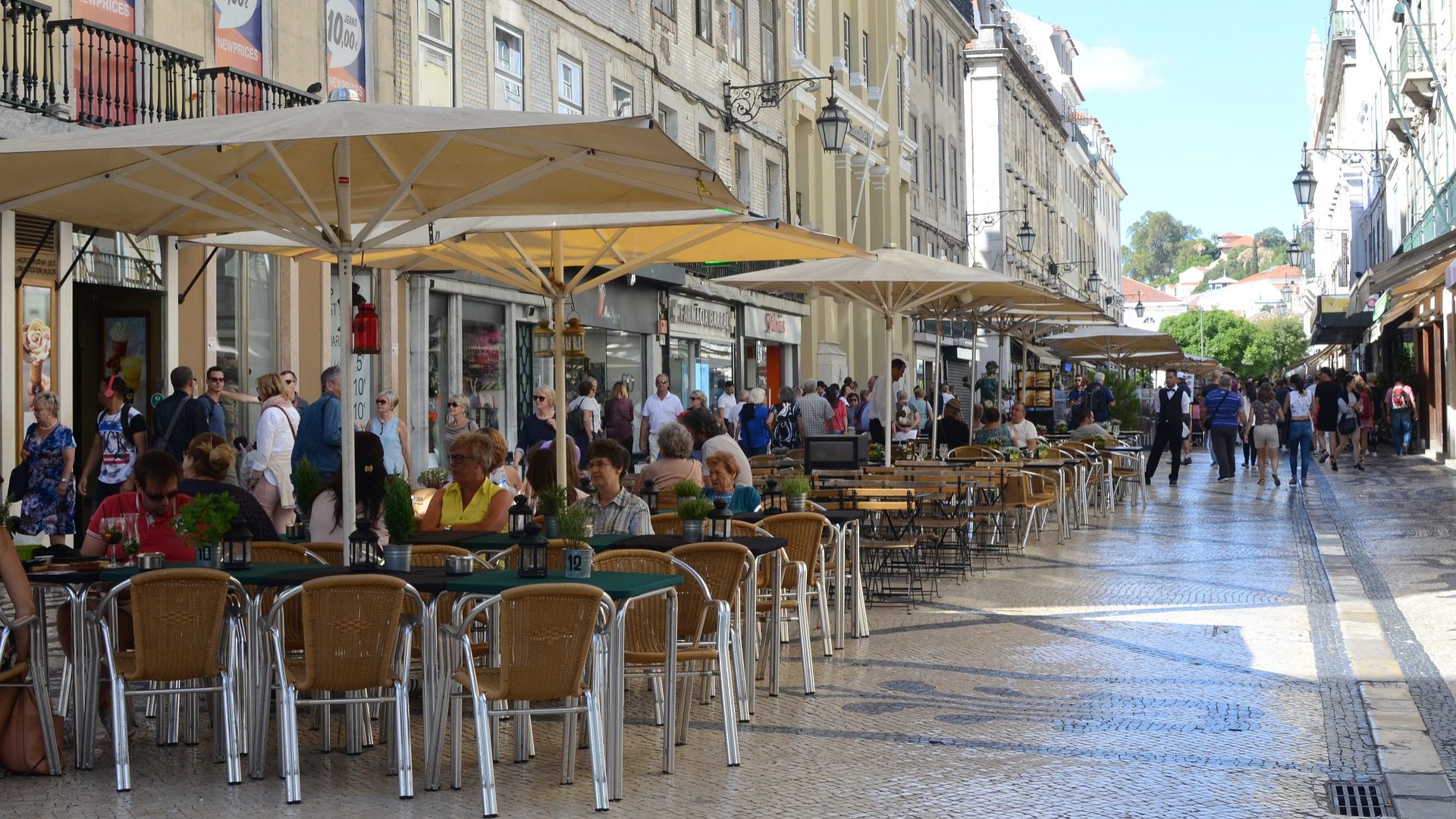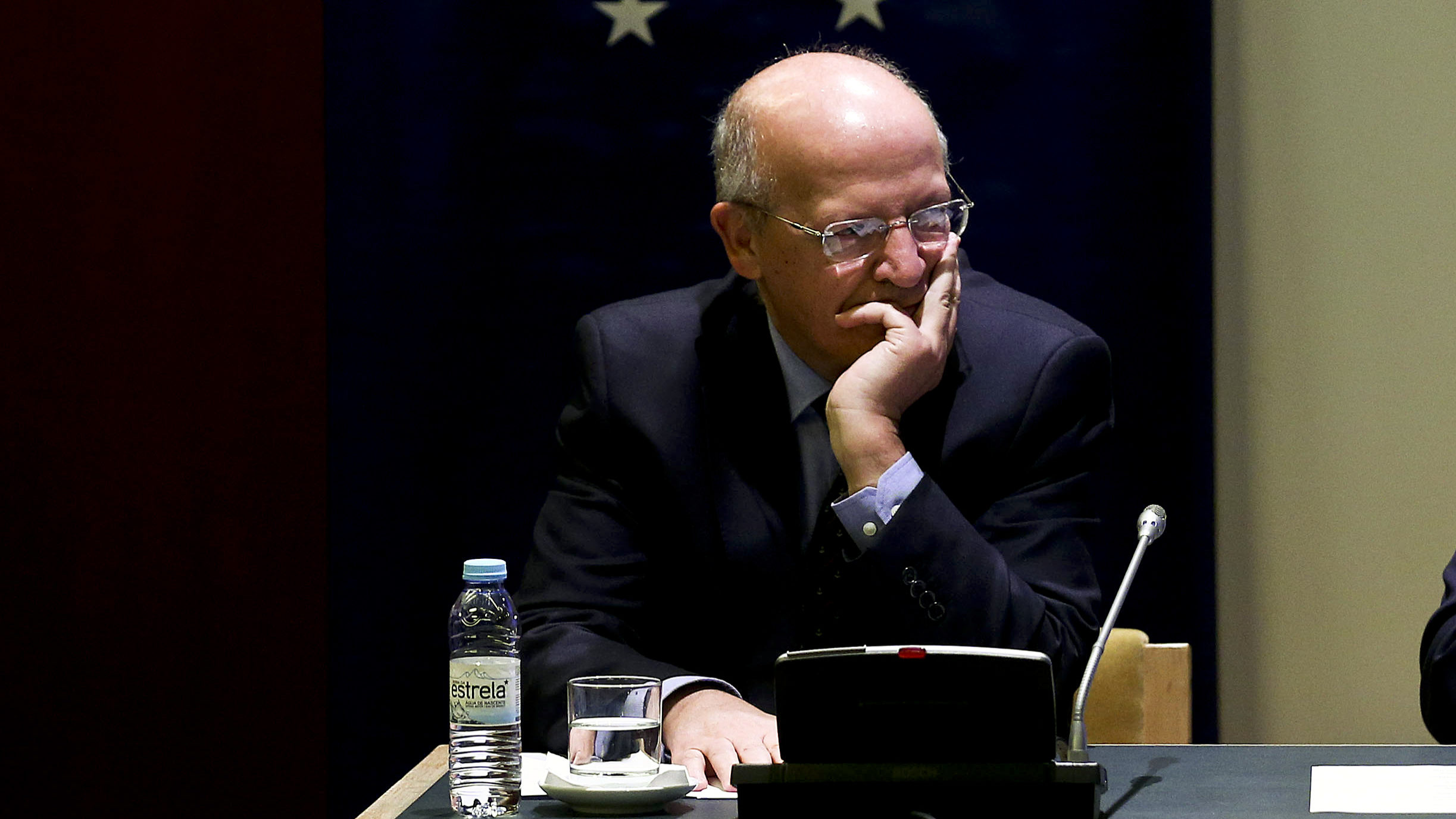Portugal lost 223 thousand residents in a decade
The increase in the number of births is insufficient to make up for the ageing population and the number of deaths. On the other hand, migration balance remains negative.
By the end of 2016, Portugal had a little over 10,3 million inhabitants. Although this decreasing tendency in population has been softening over the past three years, within a decade the country has lost over 223 thousand people, resultant from an insufficient increase in the number of births to make up for the number of deaths and a negative migration balance.
The Portuguese population is now estimated to be 10,309,573 people on December 31st, 2016, according to information disclosed by Statistics Portugal (INE). All in all, the country has lost 31.7 thousand people from 2015 to 2016.
Last year, there were 87.126 live births — an increase in comparison to 2015 –, and Portuguese inhabitants had an average of 1.36 children — a recovery in comparison to the period between 2012 and 2015. These numbers, however, are not sufficient to make up for the amount of deaths, which ascended to 110,535. Natural balance stands ate -23.409, a worse number than in 2015, the previous year.
On the other hand, emigration is decreasing and the number of immigrants is stabilizing. Nonetheless, the migration balance remains negative, although it is easing: in 2016, migration balance was -8,348.
Population ageing is becoming greater, linked to an increase in the average life expectancy to 80.62 years. Population under 15 decreased to 1.4 million, while population aged 65 or more increased to 2.1 million. There are 285,616 people aged 85 or more. The average age in Portugal increased by three years in the past decade to 43.9 years.




